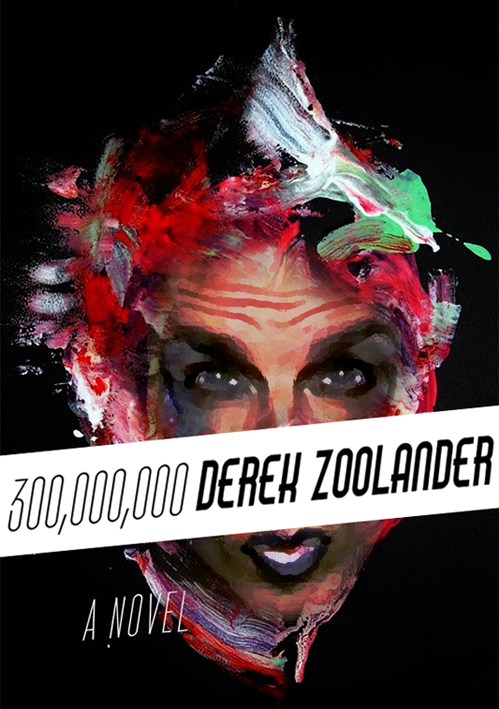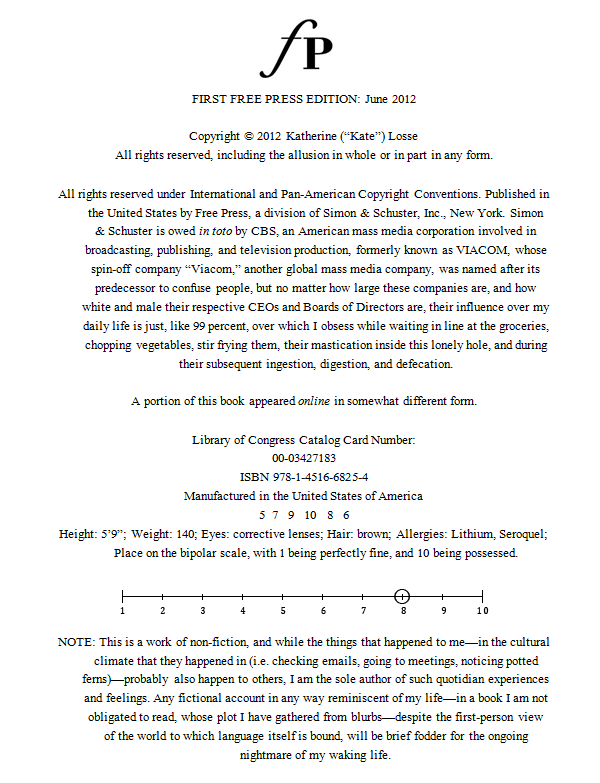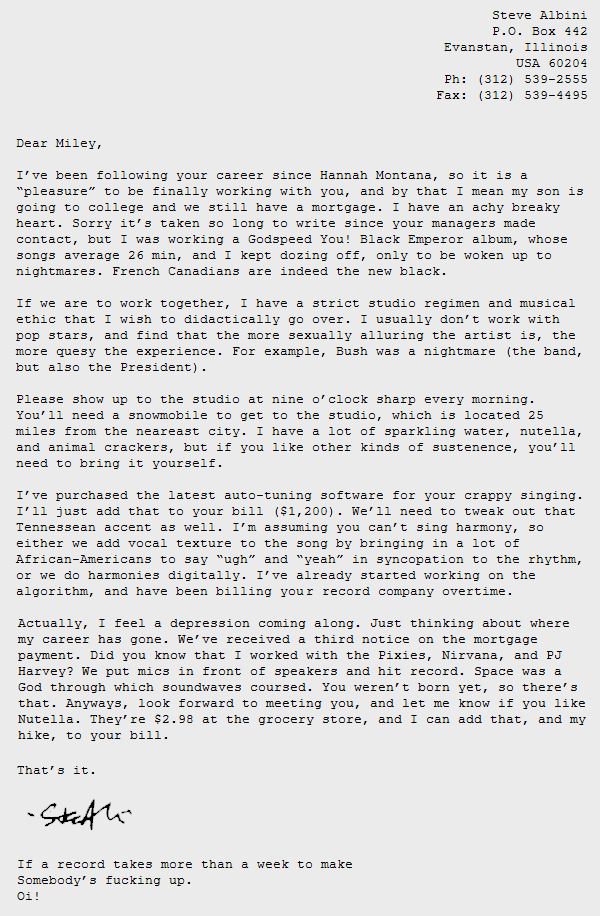Move to Trash

Passing the Ellsworth Kelly section in the recently remodeled SFMOMA, I suddenly worried about whether or not I placed my coffee cup in the right bin, the triptych of civic responsibility causing a Pavlovian response of doubt and shame. One will quickly walk past museum rooms whose contents are prematurely judged as not being interesting enough to hold one’s attention, as I did here, using the section as a shortcut to Agnes Martin, in whose dedicated room a patron’s child had a fit. Minimalism’s problem, I think, is that the conceptual conceit can only be actualized as an executed idea, stamped on an object in space, an aesthetic errand dutifully completed in the supposed name of art. It doesn’t tug at the soul, however antiquated and sentimentally ghoulish such a spirit might seem in an enormous modern and generously lit room, always a bit below room temperature, like a morgue, grand white walls running upward towards the skylights. Guards, whose native islands were unruly colonized, despondently stand in geriatric loafers, their blazers derisively provided by the house, as if they showed up to a fancy restaurant under-dressed.
Brideshead Revisited
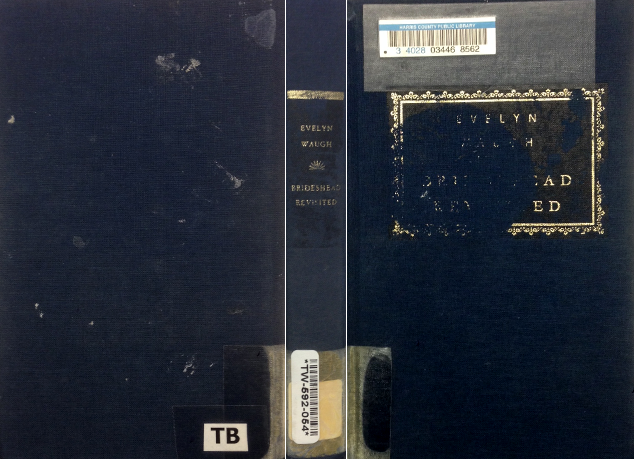
I’ve always loved Random House’s Everyman’s Library, cloth bound hardbacks with cream colored pages, gold leaf case stamping, decorative endpapers, a red silk ribbon bookmark, learned introductions, and extensive chronological tables for each author’s life. In this fashion, I’ve taken Leo Tolstoy, Vladimir Nabokov, Somerset Maugham, Thomas Mann, among other great men, to bed with me. A man whose life is missing a plot does well reading them. Where literal illustrations are devastating to the imaginations Walden, Moby Dick, and perhaps even Alice in Wonderland deserve; where Chip Kiddian flashy design turns a book into a poster; and where shiny paperbacks — from the glossy trash at Walmart, to flimsy new releases granted every fresh MFA — have somewhat anticipated the disembodied medium of Kindle, Everyman’s Library’s austerity marks a forgotten past. Could this be mere obsolescent snobbery? Please. And so, you can imagine my dismay at the people of Harris County in Houston, Texas, for doing what they did to my dear Evelyn Waugh (who is a man by the way, lest you think I became a feminist). Here is a troubling thought: that the most sensitive and educated demographic of Harris County may have ejaculated on my book. Also, inside it smelled like dog. Don’t mess with Texas.
November 14th, 2013 / 11:53 pm
The Anxiety of Influenza

“All bad poetry is sincere,” I got that from Harold Bloom, who got that from Oscar Wilde, who got that from his clever self, which hardly means that “all great poetry is insincere,” which again I’m getting from The Anxiety of Influence (1973), not the actual book but from Amazon’s virtual “look inside” feature, its animation, estimation, or interpretation of reading less affectionate than reading itself; that is, with a book, whose every page one holds the corner of, and hears going by, one by one, like shuffling a deck of cards in the slowest way possible. Bloom’s point is evident in his title, that the history of literature is ripping off others in the quest to be original; how this is both logically impossible yet always manifesting, albeit inadvertently through our “misreading” of the original. It is true when I let my subscription to The New Yorker expire, months later, at the magazine rack, I solemnly wonder about what I’m missing. I feel the same way passing bars at night, the brittle tinkering of glasses as a high-hat over the cacophonous rumble of voices. Like the red marker a teacher uses to point out what is wrong, the red squiggle of spellcheck is a kind of incision into the flesh of intention, if you were a half-blind James Joyce typing Finnegans Wake. More ominous is the green one, citing sentence fragments you didn’t know were fragmented. “Ignore all,” one may apply to grammar, dentist appointment reminders, and their social life. After watching The Road (2009), I told myself that a few weeks before the end of the world — faithful that Fox News or a crazy person would alert me — I would simply buy a can opener. As people ate each other, I’d have clam chowder and lychees. I didn’t read the book; that this is still considered blasphemy is redeeming: we still believe in the higher collaboration between sole words and imagination. Jonathan Franzen admits to buying copies of his books to give as presents to friends. At the register, he feels like he’s buying a Penthouse. “No, it’s not for my own use…” he says, or at least says he would say, I mean this is the problem with quoting a quote, to which the double quote shielding a single quote offers itself as a solution, like a large circle containing a smaller one — a bagel around a cup of coffee, inside a gurgling stomach — or a ventriloquist with his hand up someone. Everything that is wireless eventually concedes to a cord. Battery is not a crime. Nor is the stomach flu really influenza; it’s gastroenteritis, which hardly needs you to go viral. A man shot another man in Russia over an argument about Kant (the gun must have been a manual). Exactly how sour is cream cheese supposed to be? A man publishes a blog post in America and quickly walks to the bathroom. He has that not so refresh feeling all day. This was entirely made up.
Civil Obedience
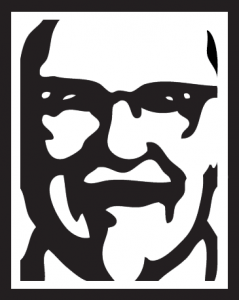 About once a year I go to KFC, whose name (only a rumor, still very compelling) was changed from Kentucky Fried Chicken because the FDA refused to allow “chicken” in its name anymore; not technically, not since in vitro modification turned them into featherless big-titted avian mutants. I order the 3-piece crispy chicken, with mashed potatoes, gravy, and a biscuit so dense each bite is a choking hazard. The flesh is so tender, the bones so malleable — as if designed to fray at the gentlest human hand — I spread the breast convexly towards my mouth in the same fashion as one might eat the sliced side of a mango. The abstract expressionist-y garish pattern on the walls and/or booth cushions seem stuck in the ’80s, too depressive for nostalgia, as if we, as an entire race, had aesthetically plateaued. There’s an exuberant youthfulness to the 1:00 a.m. patrons of Taco Bell, and an underlining patriotism at Denny’s or even McDonald’s. The patrons at KFC seem involved in some collective Last Supper, each one seated alone in the center of a large table. I finish my meal in less than 20 minutes, my chin greasy like a productive cunnilingus session. Later that night, I vomit.
About once a year I go to KFC, whose name (only a rumor, still very compelling) was changed from Kentucky Fried Chicken because the FDA refused to allow “chicken” in its name anymore; not technically, not since in vitro modification turned them into featherless big-titted avian mutants. I order the 3-piece crispy chicken, with mashed potatoes, gravy, and a biscuit so dense each bite is a choking hazard. The flesh is so tender, the bones so malleable — as if designed to fray at the gentlest human hand — I spread the breast convexly towards my mouth in the same fashion as one might eat the sliced side of a mango. The abstract expressionist-y garish pattern on the walls and/or booth cushions seem stuck in the ’80s, too depressive for nostalgia, as if we, as an entire race, had aesthetically plateaued. There’s an exuberant youthfulness to the 1:00 a.m. patrons of Taco Bell, and an underlining patriotism at Denny’s or even McDonald’s. The patrons at KFC seem involved in some collective Last Supper, each one seated alone in the center of a large table. I finish my meal in less than 20 minutes, my chin greasy like a productive cunnilingus session. Later that night, I vomit.
Memento Mori
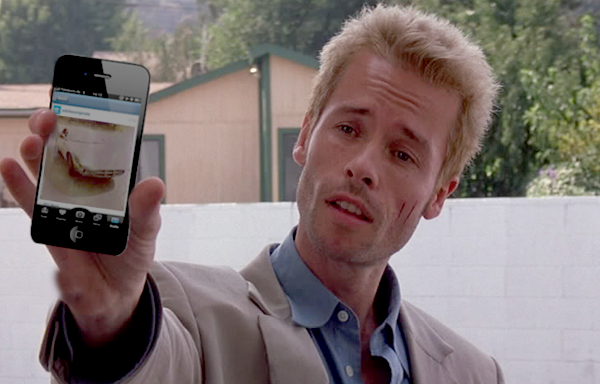
Before the entitled enthusiasm of Yolo, there was Memento mori, of essentially the same message, as conveyed by endless still lives centered around the human skull. “Remember that you will die,” in contrast to “you only live once,” is grim not because of death, but that — like children with brushing teeth, or a guy on his anniversary — we must constantly be reminded of it. Had the makers of Memento (2000) known about Instagram, its screenplay might have worked differently, with our more efficient protagonist streamlining his way through the narrative. Instagram supplements its photos with immediate nostalgia, as if we — in our frantic only living once — could no longer wait for an event to age naturally. We wanted quick memories of moments which seemed like they deserved to outlast time. On April 12, 2012, Facebook bought Instagram for $1 billion dollars, and later that year, changed its copyright section in the Terms of Service such that any user content could be sold to third parties without notification or compensation. This would not be a problem, as users would be flattered, floored even, to find their trite moments corporately noticed. Call it inverse stock photography. Leonard Shelby (Guy Pierce) suffers from anterograde amnesia, chasing suspect signs and symbols, stuck in the purgatory of self-deception. The inability to produce new memories is far more tragic than the more common retrograde amnesia, in which one loses their past but may produce a new one starting at the point of their affliction. It is, in a way, being born again. In 1972, Polaroid introduced “instant film,” what became subsequently known by the company’s name. The immediacy of a memory, as commemoration of a transient life, may be archaic after all. The polaroid’s faded light and approximate shadows were less of an aesthetic than merely technological constraints at the time. As the inferior image slowly surfaced from the depths of that lush creamy void, the exhilarated holder would compulsively shake the photograph at every moment of its development, as if to summon more memories.
[This post’s incipient idea is indebted in large part to this tweet.]
Birdwatching with Jonathan Franzen

I was between meetings with my editor and agent, walking down E 12th St. about to enter a cafe for an almond croissant, when I spotted a Columba livia (of the Columbiformes order, colloquially known by pedestrians as a “pigeon”) standing on the sidewalk gazing into the havoc of industry brought upon by humans, the good earth embalmed under slabs of concrete and funk. I always carry my binoculars, a moleskin, and one sharpened No. 2 pencil in my satchel. Did people stare at me as I stared at this fine specimen of urban worry? I could not tell. Peripheral vision, like 20/20, is overrated. Under the lens of my binoculars, past those of my unwittingly hipster glasses, through my cornea into the timeless cave painting of light on my retina, along my optic nerve like some whip of meaning, and into this very large head, I witnessed a stillness—enough to make one dry weep—unknown to our younger generation currently glued to various vapid interfaces with apps on their supposedly “smart” phones. From the ashes of Goethe and Heine, the timelessness of vision’s sad lament of nature could be felt in my bones, and jeans. I needed new pants. This diet was going nowhere.

